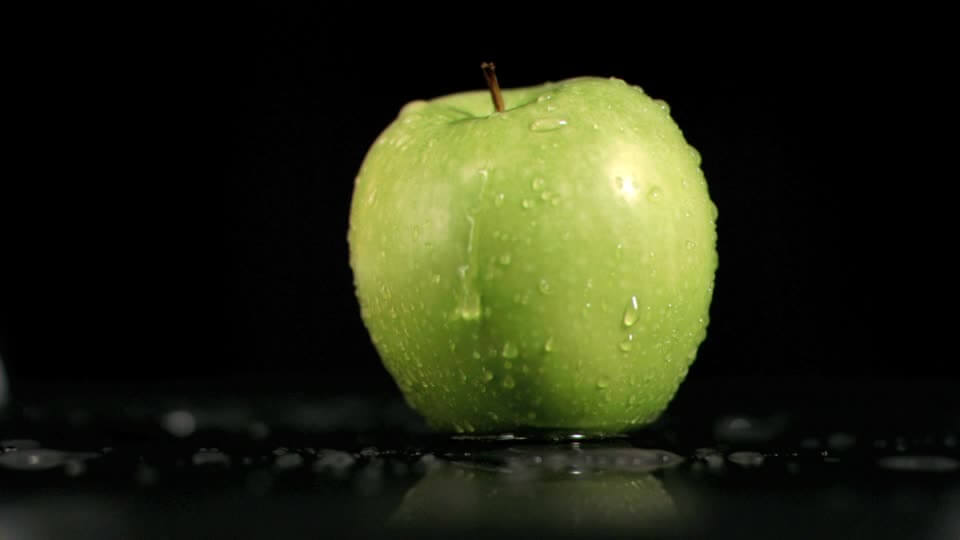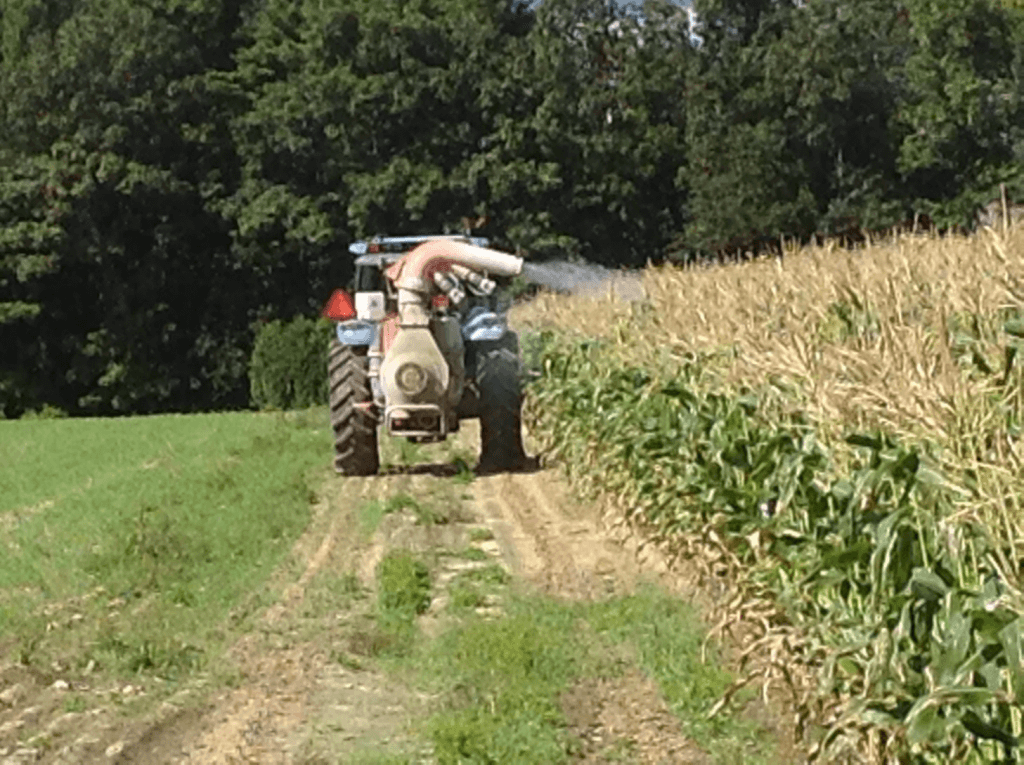
This article was co-authored by Kristy Grigg-McGuffin, OMAFRA Horticulture IPM Specialist In view of the frequent heavy rains in many regions this season, understanding rainfastness, or the ability of a pesticide to withstand rainfall, is important to ensure proper efficacy. All pesticides require a certain amount of drying time between application and a rain event. […]
Read More… from Rainfastness of Insecticides and Fungicides on Fruit



